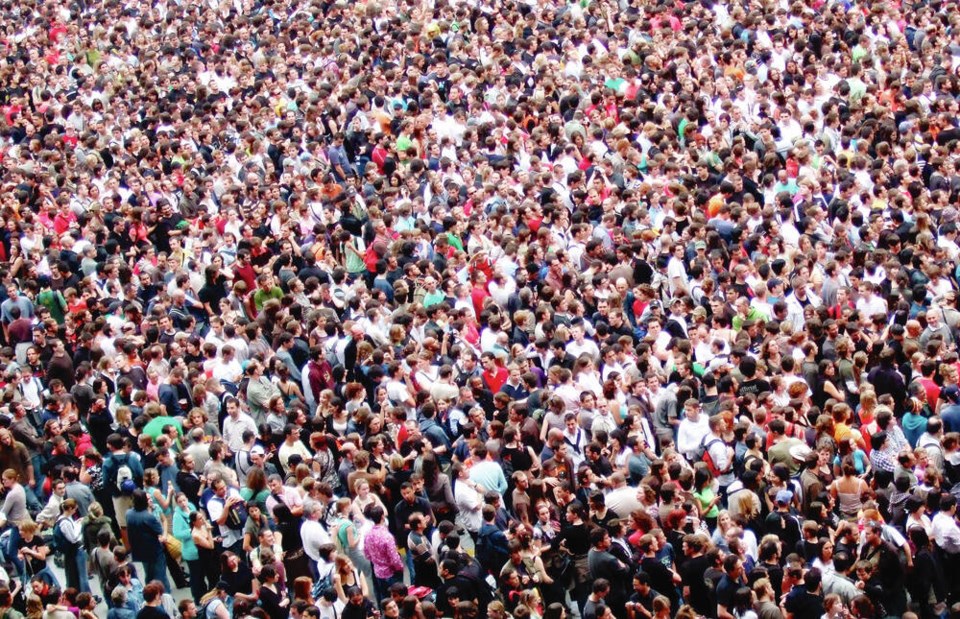Overpopulation is a topic that has long been explored in fiction, as authors imagine worlds where the earth's resources are stretched to the breaking point due to a rapidly expanding population. These books not only serve as cautionary tales but also provide thought-provoking insights into the potential consequences of unchecked growth. From theory to reality, these books on population control in fiction hit close to home with their vivid portrayals of a world struggling to cope with too many people.
One such novel that comes to mind is "Children of Men" by P.D. James. Set in a dystopian future where humanity has become infertile, the book explores the chaos and despair that ensues when society faces the prospect of extinction due to a dwindling population. With governments resorting to extreme measures to control the remaining citizens, the novel serves as a stark warning about the potential consequences of overpopulation and the ethical dilemmas that may arise in such a scenario.

Image Source-Google
Another compelling read is "Stand on Zanzibar" by John Brunner, which offers a chillingly prophetic vision of a world overwhelmed by overpopulation. Set in a crowded and chaotic future where billions of people jostle for limited resources, the novel paints a grim picture of a society on the brink of collapse. With its fragmented narrative and kaleidoscopic view of a world teetering on the edge, "Stand on Zanzibar" remains a hauntingly relevant exploration of the challenges posed by overpopulation.
Turning to Margaret Atwood's "Oryx and Crake," we are presented with a disturbingly plausible vision of a future in which genetic engineering has run amok, leading to a world inhabited by genetically modified humans and creatures. As society grapples with the consequences of playing god and tampering with the natural order, Atwood raises important questions about the limits of science and the potential dangers of unchecked technological advancement. Through her gripping storytelling and thought-provoking themes, Atwood forces readers to confront the ethical implications of a world shaped by overpopulation and scientific hubris.
In "The Uninhabitable Earth" by David Wallace-Wells, we are confronted with a sobering look at the devastating effects of climate change and overpopulation on our planet. Drawing on the latest scientific research and projections, Wallace-Wells paints a grim picture of a world ravaged by extreme weather events, rising sea levels, and mass extinctions. By highlighting the interconnected nature of these challenges and the urgent need for action, the book serves as a wake-up call to the looming threat of overpopulation and its impact on our environment.